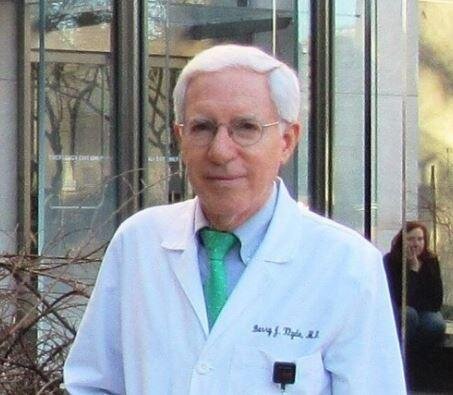Erectile Dysfunction Treatment NYC
Dr. Barry J Klyde offers patients help with male sexual dysfunction and impotence, including erectile dysfunction treatment, low testosterone, and other hormone therapy. He serves the NYC area and the wider tri-state area. If you’re looking for a board-certified, caring, and awarded doctor, please give us a call today to book an appointment.
Male Sexual Dysfunction - Impotence
General
Sexual dysfunction in men increases with time, but can occur at any age. Desire, or libido, may not change in parallel with erections. Problems can occur with hormones, blood flow to the penis, nerves that control erections and ejaculation, prostate disease, illness affecting other parts of the body, and psychological disorders. Years ago sexual problems in men were thought to be mostly psychological, but we now know that most problems have a physical basis.
The most common cause for impaired erections is decreased blood flow to the penis, with the same risk factors as heart attacks and strokes, other illnesses caused by decreased blood flow. Diabetes, hypertension, elevated lipids, and smoking all contribute to difficulty with erections, and increase the risk of heart attack and stroke. Control of these risk factors will improve erections and decrease the chance of heart attack and stroke. Diabetes damages nerves, causing neuropathy, and this can also impair erections. Other causes of neuropathy such as alcohol, degenerative neurological disease, toxins, and malignancy can also worsen erections. In these conditions the testosterone level is normal and desire may remain good although erections are not full. Testosterone supplementation would not be helpful.
Low testosterone can worsen erections and also lessen desire. It can be primary, caused by testicular damage from trauma, surgery, or autoimmune processes, or secondary, resulting from lack of signals from the pituitary, the master gland. Other hormones such as prolactin or steroids can interfere with testosterone. Treatment with supplemental testosterone, or medication to increase function of dormant testicles, can improve desire and erections in these circumstances.
Diagnosis
Diagnostic evaluation should include a careful history and thorough physical examination, including thyroid, penis and testicles, and prostate, in addition to the standard examination of pulse, blood pressure, evaluation for adenopathy, lungs, heart, abdomen with evaluation for masses or organomegaly, extremities with evaluation of circulation, and neurological examination. Laboratory evaluation should include tests for anemia, liver and kidney function, lipids, average sugar, vitamin levels, and hormone tests for testicles, thyroid, adrenals and pituitary.
Treatment
Treatment depends on what abnormalities are found, Most patients do not have simple testosterone deficiency. Any treatment given must be done carefully, considering the patient's health problems to avoid doing harm.


